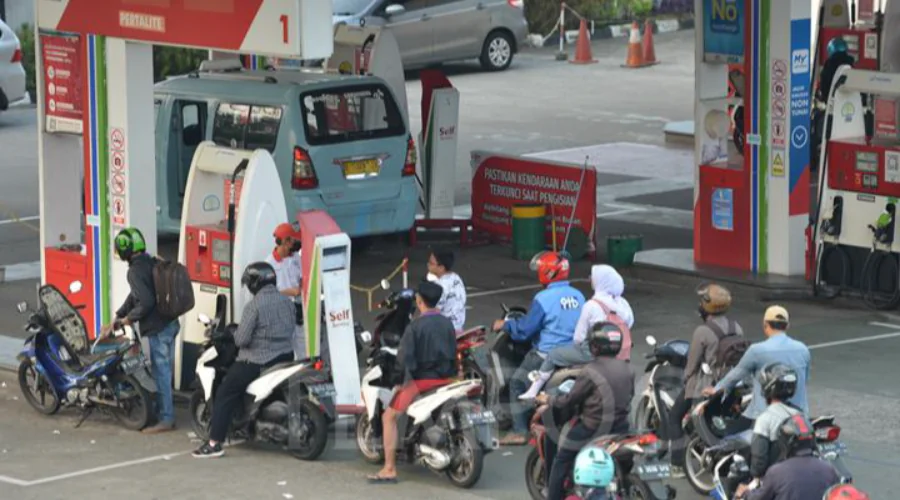
- 06 Sep
- 2022
Ilustrasi gambar (TEMPO)
Fuel Prices Rise, Economic Expert at UM Surabaya: This Impacts the Middle and Lower Communities
Saturday 3 September 2022, the government officially raised the price of fuel (fuel oil) or removed fuel subsidies. Various responses to the increase in fuel prices in previous discussions did not dampen the government's steps. Pertalite rose from IDR 7,650 to IDR 10,000 per liter. Diesel prices from IDR 5,150 to IDR 6,800 per liter. Meanwhile, the non-subsidized Pertamax is priced at IDR 14,500 from the previous IDR 12,500 per liter.
"The increase in fuel prices of around Rp. 2,500 will be felt by the middle and lower class people. The reason is, the impact of the increase in fuel prices will result in many things," said Arin, a lecturer and economic expert at UM Surabaya.
Arin said the increase in fuel prices would have several impacts on the lower middle class.
First, there will be a decrease in purchasing power in the short term due to the income effect which has decreased in real terms, although the burden will be different according to household income class. Especially the lowest/poor household groups who do not have enough space to deal with short-term cash flow problems.
"Second, the simultaneous increase in fuel prices will increase the prices of other staples which is of course burdensome for the lower middle class who are still in the process of economic recovery after being affected by the Covid-19 pandemic," Arin added Tuesday (6/9/22)
Third, on the social aspect of society is to encourage an increase in the unemployment rate. This is because fuel is the basic material for the company's operations, with an increase in price it will burden production costs. For consideration of production efficiency, the choice that must be taken by the company is to stop the process of recruiting new employees until they are forced to terminate employment (PHK). So that it has the potential to increase the unemployment rate.
"Fourth, with an increase in the unemployment rate, it will also lead to an increase in Indonesia's poverty rate," he added.
Arin explained BPS data as of March 2022 showed the poverty line had increased by 3.975% compared to September 2021 or to around IDR 505,469.
"So it is not wrong if the conditions arising from the increase in fuel prices encourage demand for compensation policies, such as BLT (Direct Cash Assistance) and BSU (Wage Subsidy Assistance) as a form of compensation for rising fuel prices," he said.
Meanwhile, according to Arin, for the upper middle class, the increase in fuel prices did not have a significant impact, but they still experienced a decrease in their disposable income or disposable income.










(0) Comments